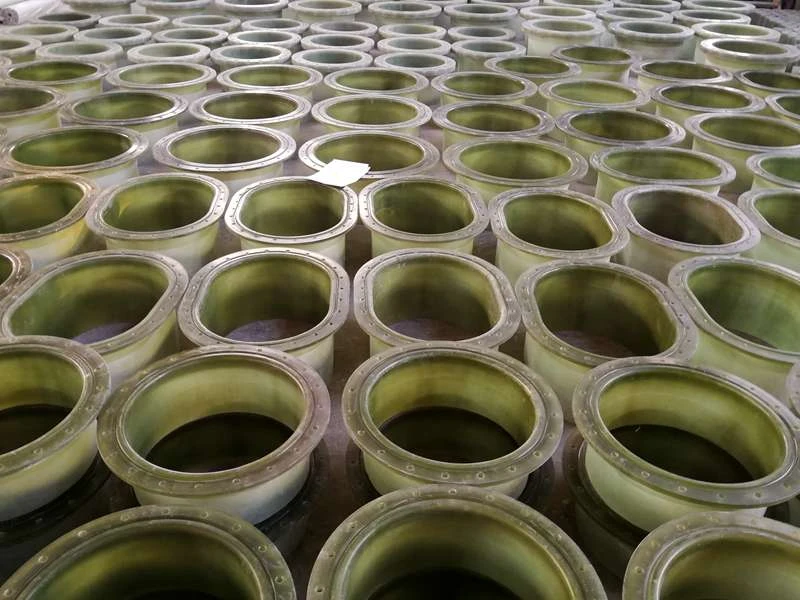
-
 Afrikaans
Afrikaans -
 Albanian
Albanian -
 Amharic
Amharic -
 Arabic
Arabic -
 Armenian
Armenian -
 Azerbaijani
Azerbaijani -
 Basque
Basque -
 Belarusian
Belarusian -
 Bengali
Bengali -
 Bosnian
Bosnian -
 Bulgarian
Bulgarian -
 Catalan
Catalan -
 Cebuano
Cebuano -
 China
China -
 China (Taiwan)
China (Taiwan) -
 Corsican
Corsican -
 Croatian
Croatian -
 Czech
Czech -
 Danish
Danish -
 Dutch
Dutch -
 English
English -
 Esperanto
Esperanto -
 Estonian
Estonian -
 Finnish
Finnish -
 French
French -
 Frisian
Frisian -
 Galician
Galician -
 Georgian
Georgian -
 German
German -
 Greek
Greek -
 Gujarati
Gujarati -
 Haitian Creole
Haitian Creole -
 hausa
hausa -
 hawaiian
hawaiian -
 Hebrew
Hebrew -
 Hindi
Hindi -
 Miao
Miao -
 Hungarian
Hungarian -
 Icelandic
Icelandic -
 igbo
igbo -
 Indonesian
Indonesian -
 irish
irish -
 Italian
Italian -
 Japanese
Japanese -
 Javanese
Javanese -
 Kannada
Kannada -
 kazakh
kazakh -
 Khmer
Khmer -
 Rwandese
Rwandese -
 Korean
Korean -
 Kurdish
Kurdish -
 Kyrgyz
Kyrgyz -
 Lao
Lao -
 Latin
Latin -
 Latvian
Latvian -
 Lithuanian
Lithuanian -
 Luxembourgish
Luxembourgish -
 Macedonian
Macedonian -
 Malgashi
Malgashi -
 Malay
Malay -
 Malayalam
Malayalam -
 Maltese
Maltese -
 Maori
Maori -
 Marathi
Marathi -
 Mongolian
Mongolian -
 Myanmar
Myanmar -
 Nepali
Nepali -
 Norwegian
Norwegian -
 Norwegian
Norwegian -
 Occitan
Occitan -
 Pashto
Pashto -
 Persian
Persian -
 Polish
Polish -
 Portuguese
Portuguese -
 Punjabi
Punjabi -
 Romanian
Romanian -
 Russian
Russian -
 Samoan
Samoan -
 Scottish Gaelic
Scottish Gaelic -
 Serbian
Serbian -
 Sesotho
Sesotho -
 Shona
Shona -
 Sindhi
Sindhi -
 Sinhala
Sinhala -
 Slovak
Slovak -
 Slovenian
Slovenian -
 Somali
Somali -
 Spanish
Spanish -
 Sundanese
Sundanese -
 Swahili
Swahili -
 Swedish
Swedish -
 Tagalog
Tagalog -
 Tajik
Tajik -
 Tamil
Tamil -
 Tatar
Tatar -
 Telugu
Telugu -
 Thai
Thai -
 Turkish
Turkish -
 Turkmen
Turkmen -
 Ukrainian
Ukrainian -
 Urdu
Urdu -
 Uighur
Uighur -
 Uzbek
Uzbek -
 Vietnamese
Vietnamese -
 Welsh
Welsh -
 Bantu
Bantu -
 Yiddish
Yiddish -
 Yoruba
Yoruba -
 Zulu
Zulu
FRP Rectangular Tank - Durable & Cost-Effective Solutions
The Benefits and Applications of FRP Rectangular Tanks
Fiberglass Reinforced Plastic (FRP) rectangular tanks have become increasingly popular in a variety of industries due to their unique properties and versatile applications. These tanks are made by combining fiberglass fibers with plastic resin, resulting in a composite material that offers strength, durability, and resistance to corrosion. This article explores the benefits and applications of FRP rectangular tanks, emphasizing why they are an ideal choice for various storage needs.
The Benefits and Applications of FRP Rectangular Tanks
Another benefit of FRP rectangular tanks is their lightweight design. Being significantly lighter than metal or concrete tanks, they are easier to transport and install. This characteristic reduces labor costs and allows for quicker setup times, making them a practical option for both permanent and temporary applications. Additionally, their lightweight nature means that these tanks can be installed in locations where heavy structures may not be feasible.
frp rectangular tank

The versatility of FRP rectangular tanks also extends to their customizable designs. Manufacturers can tailor the size, shape, and capacity of the tanks to meet specific requirements, making them suitable for a wide range of applications. Whether for storing water, chemicals, or other liquids, these tanks can be designed to fit seamlessly into existing infrastructures or new projects.
Moreover, FRP tanks require minimal maintenance compared to other materials. Their smooth interior surfaces prevent the buildup of deposits, reducing the frequency of cleaning and inspection. This feature not only saves time but also contributes to overall operational efficiency, allowing businesses to focus on their core activities without the distraction of constant tank upkeep.
In addition to their technical advantages, FRP rectangular tanks are also environmentally friendly. The manufacturing process of FRP materials can be optimized to reduce waste, and their long lifespan means less frequent replacements. Furthermore, the ability to recycle fiberglass and plastic components at the end of their service life makes them a sustainable choice for environmentally conscious businesses.
In conclusion, FRP rectangular tanks offer a multitude of benefits, including corrosion resistance, lightweight construction, versatility, low maintenance, and environmental sustainability. Their adaptability to various industries and storage needs makes them an increasingly popular choice for businesses looking to optimize their operations. As technology continues to advance, FRP tanks will likely play a critical role in the future of industrial storage solutions.









